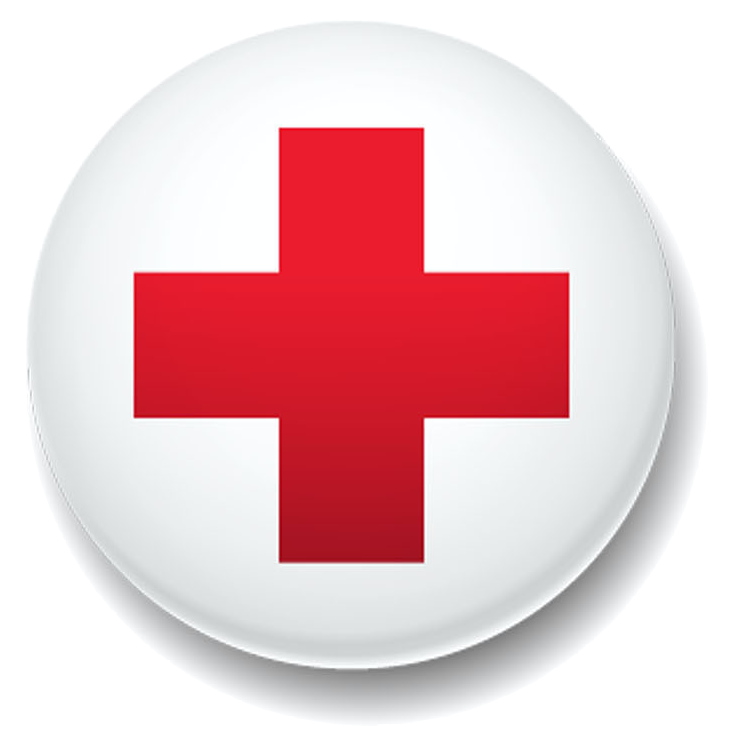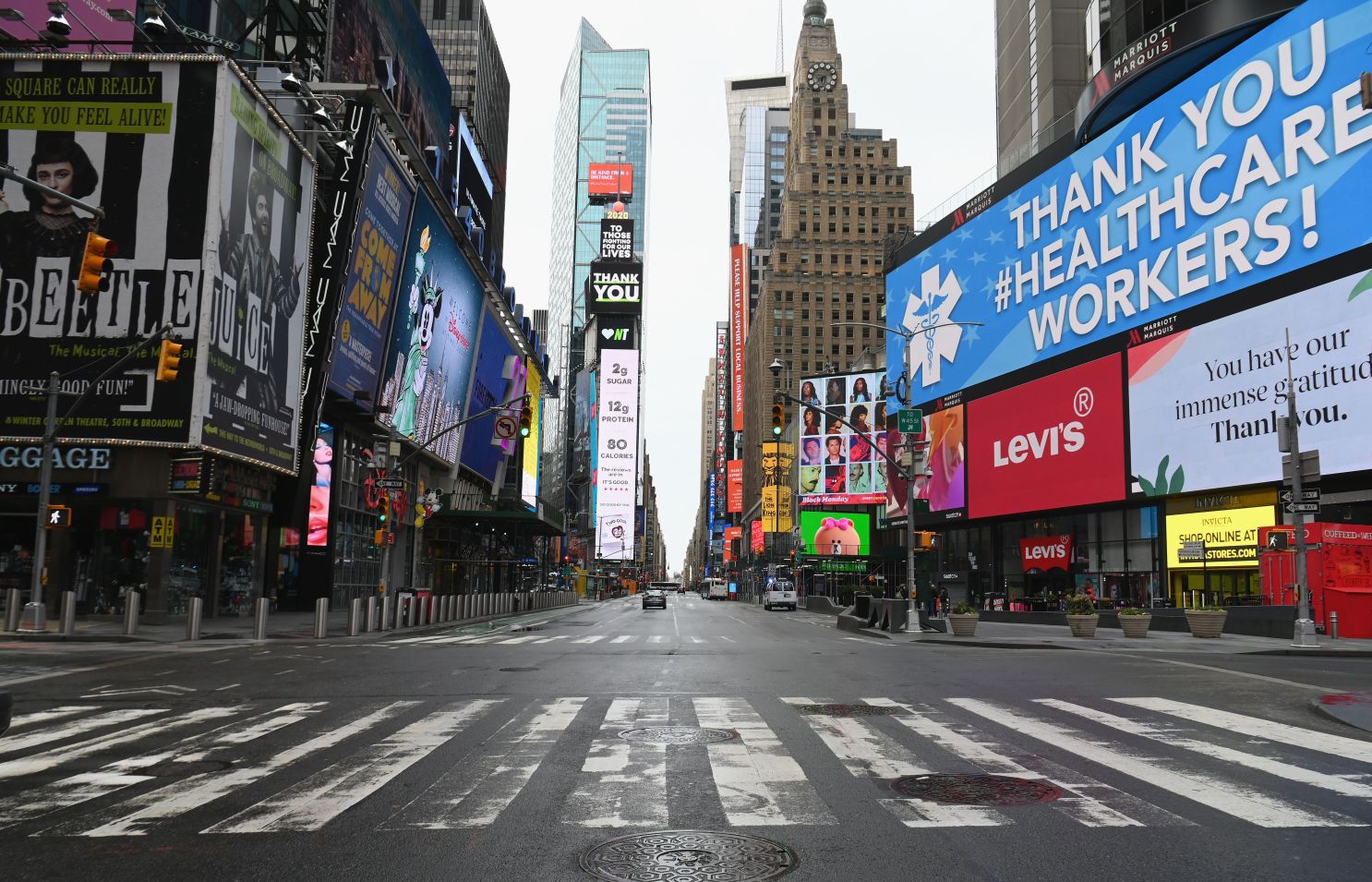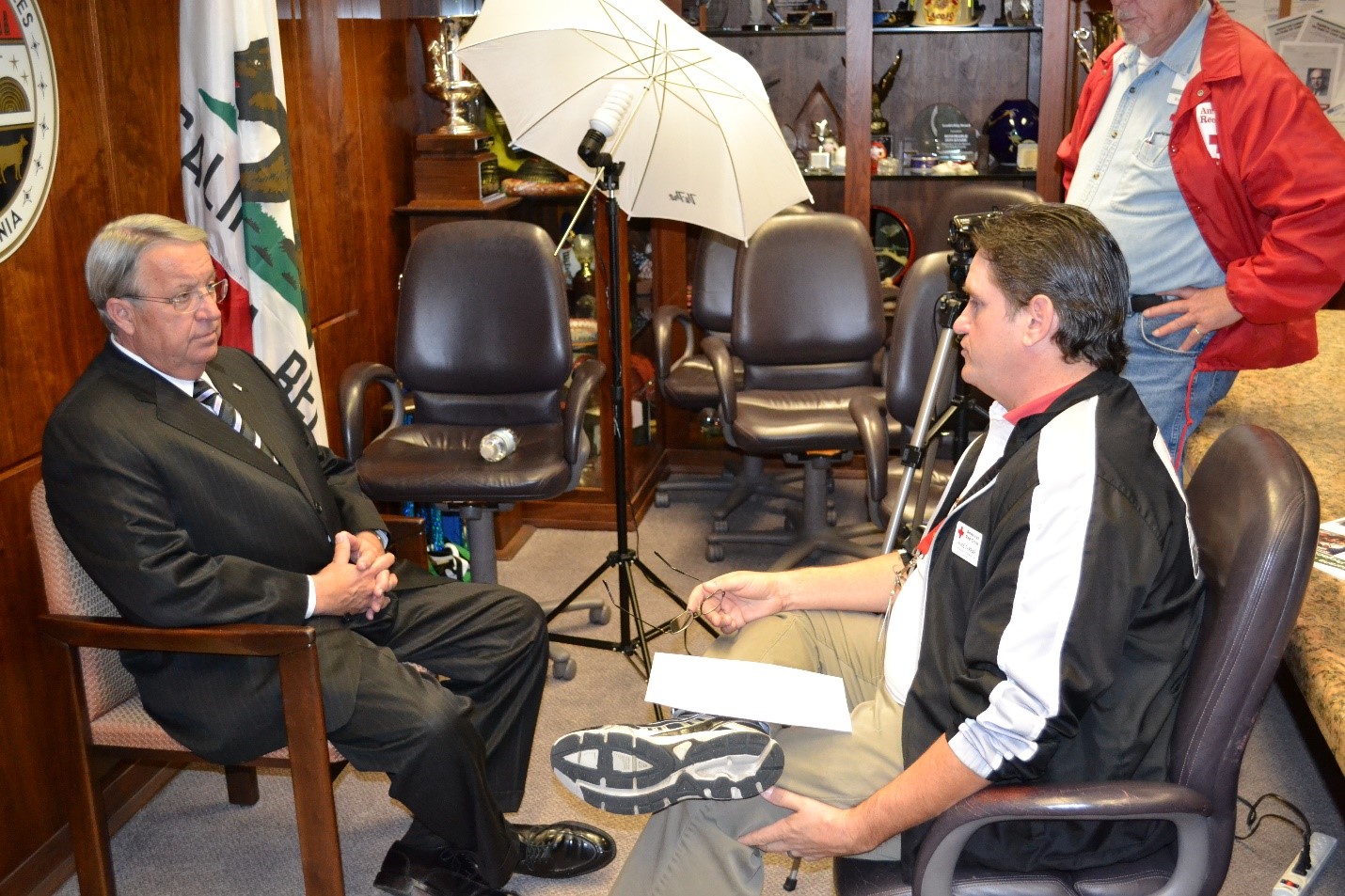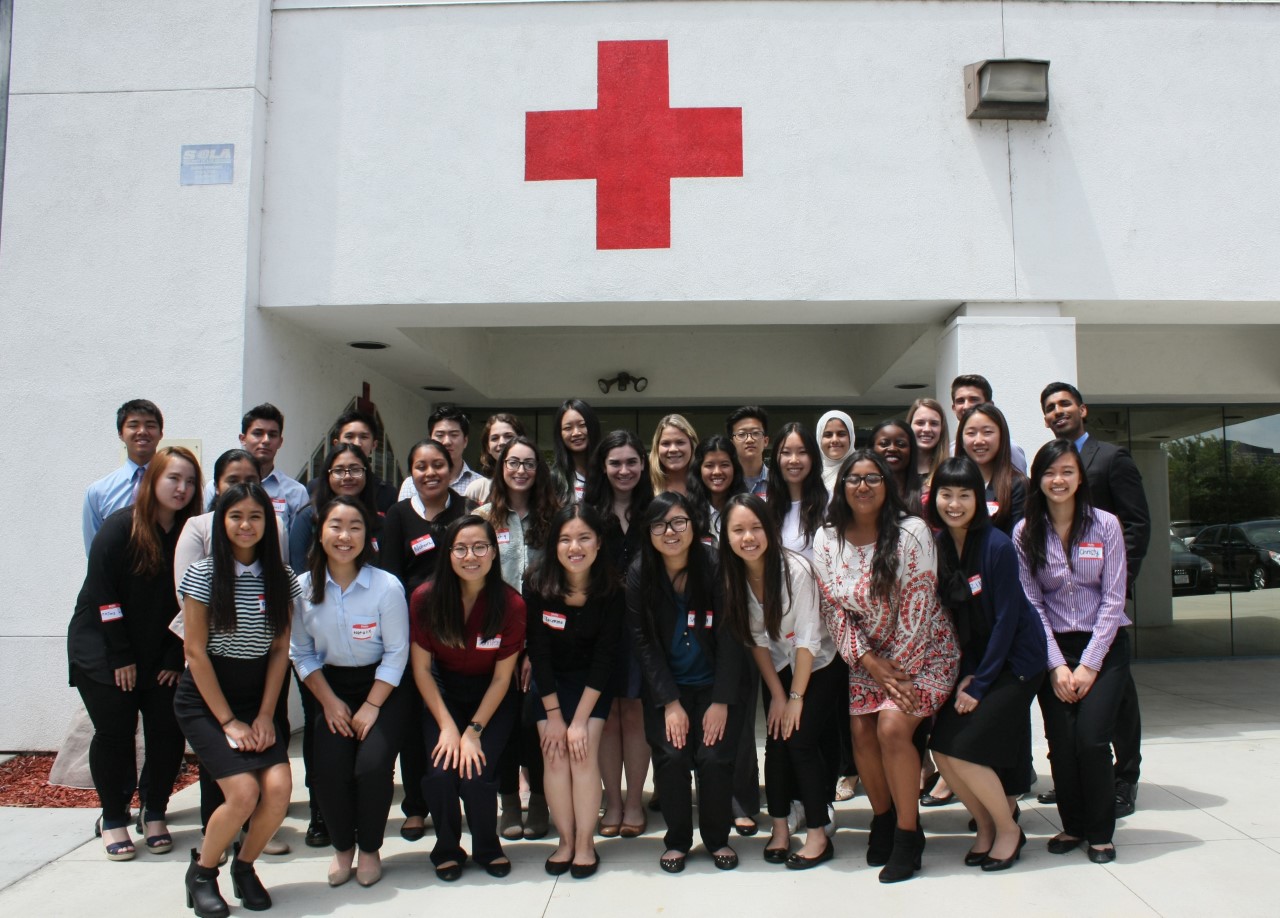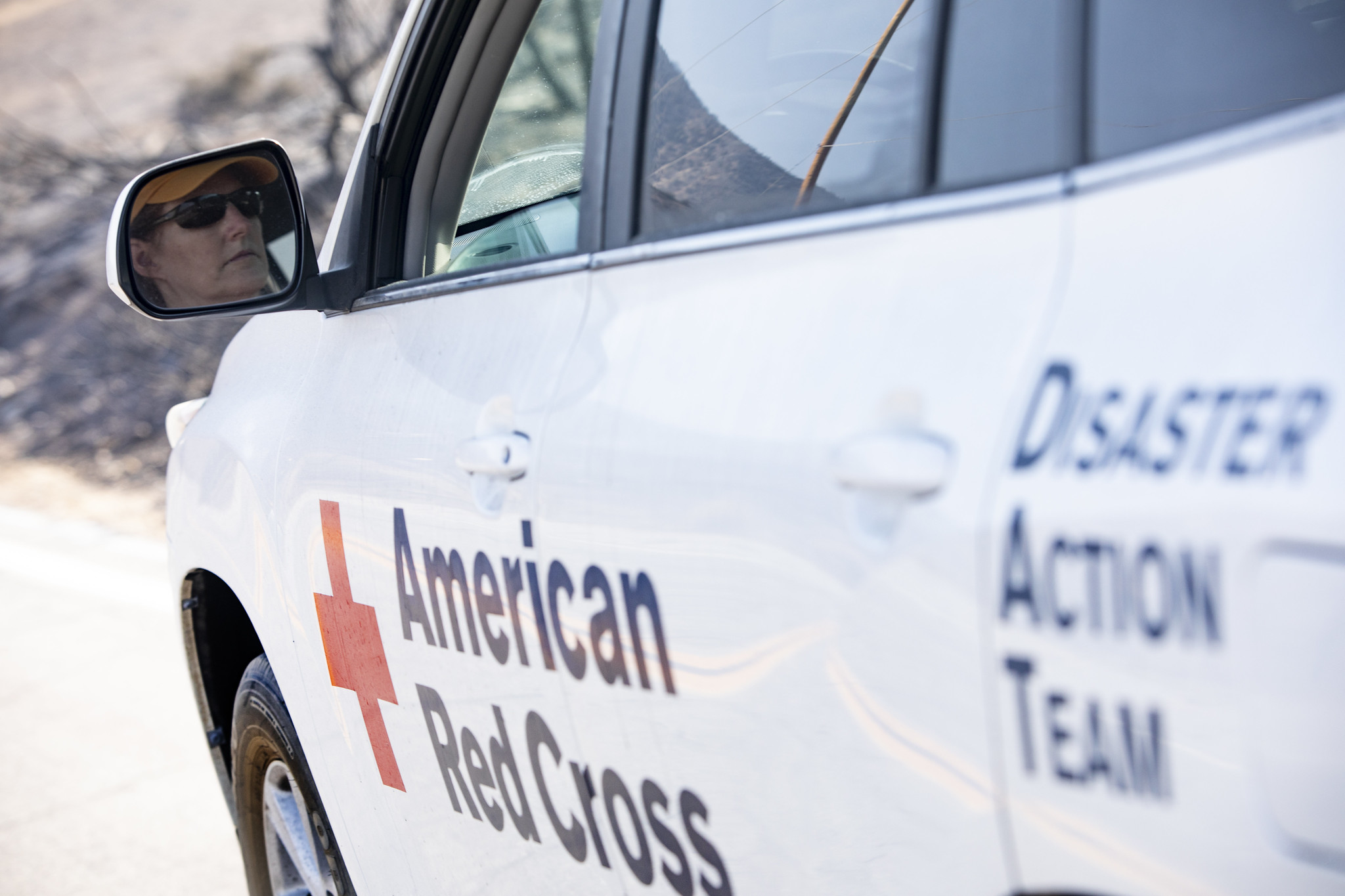By Jillian Robertson, Red Cross Communications
Based on a conversation with Red Cross development officer, Kate Smith, and her daughter, Addie Smith.
To some extent, disaster is our “day job” and providing comfort and care is all part of a day’s work. Yet even that mindset did not prepare Red Cross staff member Kate Smith, then working with the Los Angeles Region, for when her daughter living in New York City contracted COVID-19.

At this point in the pandemic, most everyone knows someone, whether it’s a friend, family member, coworker or acquaintance, who has contracted COVID-19. Back in March was a different story.
On March 12, Addie Smith knew she had no ordinary cold as she and her boyfriend left New York City to shelter in place with family in Long Island.
“I started to feel run down with a headache and sore throat. I’m a hypochondriac, so my first thought was, ‘What if this is Corona?’”
By Monday, any uncertainty had disappeared.
“I woke up, felt like I got hit by a truck.” Addie said she was achy and sore. She had a horrible headache and soon lost her sense of smell and taste.
“It was like nothing else I had ever felt before.”
We now know these symptoms as hallmarks of the virus.
Kate, in retrospect, said she feels grateful about how little she knew about the virus.
“Looking back, we were lucky it was so early on. I don’t think any of us understood how serious this was,” Kate said. “When she called us and said the test was positive … I wasn’t that freaked out. I didn’t understand severity yet.”
An avid runner, Addie knew something was wrong when her favorite form of exercise became difficult. Addie had just run the New York Marathon a few months before, and now she struggled to walk a block.
“The first week was the worst,” Addie said. “I would go on a walk, half a mile and have to call my boyfriend to come get me because I was super winded.”
Her symptoms lingered for three weeks before starting to recede.
The antibody test
Once she recovered, Addie returned to New York City in April to have her antibodies tested at Mt. Sinai Hospital on the Upper West Side. Returning to Manhattan was eerie. She said she remembers driving by a makeshift temporary hospital in Central Park, which was frantic and bustling with activity in sharp contrast to the city that was empty like a ghost town.
In what has become a norm, Addie had her vitals and temperature taken at the entrance to Mt. Sinai, was offered hand sanitizer and then sent up the elevator alone for the test.
She sat in the waiting room with a handful of others in silence. No one spoke.
“We all were very far apart; masks on, gloves on.”
Addie thought the antibody test would be a big production, but in the end, it was over in just a few minutes. The nurse who performed her test was friendly, but clearly overwhelmed, moving patients along quickly.
Now that she has recovered, Addie intends to donate convalescent plasma, which has been shown to help people in the worst throes of the virus.
“I would love to be part of the solution … during the quarantine,” Addie said. “We were all sitting around and there was nothing we could do. Now that we have a tangible way to help, it is satisfying.”
Family
Once Addie received the results confirming she had the antibodies, she became the family’s emissary to the outside world, running errands, making trips to the post office, picking up takeout and shopping for groceries.
As all of this was unfolding in New York, Kate still lived in Los Angeles. By June, when it became clear the pandemic would not be over anytime soon, she flew east to be with Addie and the rest of her family.
“I realized I needed to be closer to home,” Kate said.
So many flights had been cancelled because of the pandemic; Kate recalls being the only plane landing at JFK, one of the busiest airports in the world.
Multiple generations of the family were now sheltering together in Long Island, including Kate’s 80-year-old parents. While the reason for the gathering was dire, there was a silver lining.
“This is the first time since I was little that we are all together,” Addie said.
As more flights were cancelled, Kate’s son and other daughter hopped in their car and drove cross-country together to join the rest of the family in Long Island.
“I think it’s made people realize that family is important and being far away is tough. Especially when you can’t jump on a plane,” Kate said.
What’s ahead
As production of vaccines continues to move forward, COVID-19 cases are spiking across the country. A return to normal seems far away.
Ten months since the first order to stay at home was announced by mayors and governors, Addie and Kate’s family is still hunkered down in Long Island, keeping in touch with friends remotely. Multiple viewings of Hamilton have kept them sane.
“Working at the Red Cross, helping people, makes me feel like I’m doing something,“ Kate said.
Addie has fully recovered and has a simple message for the rest of us: “If there’s a shadow of a doubt you have it, stay isolated and stay safe. Wear a mask.”
